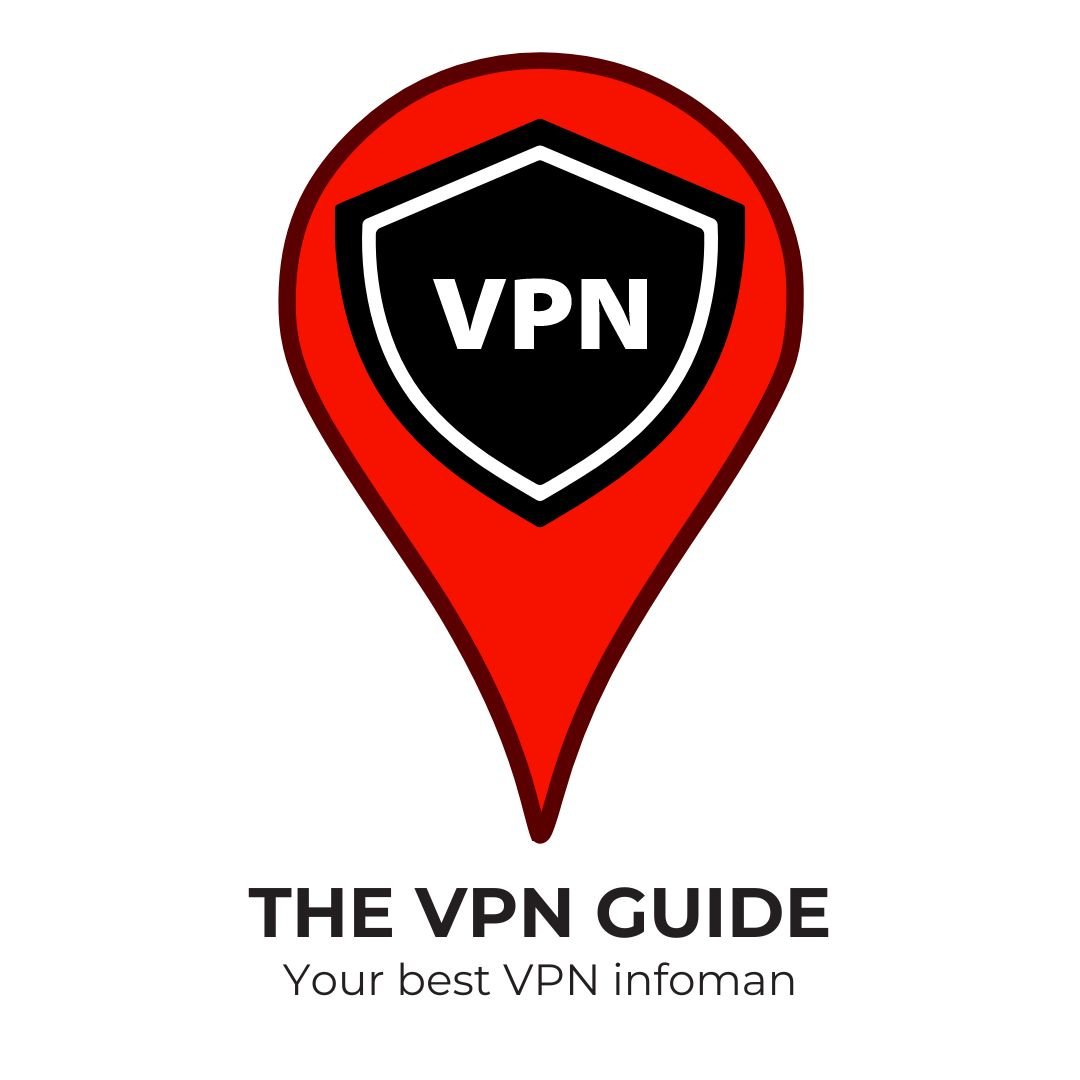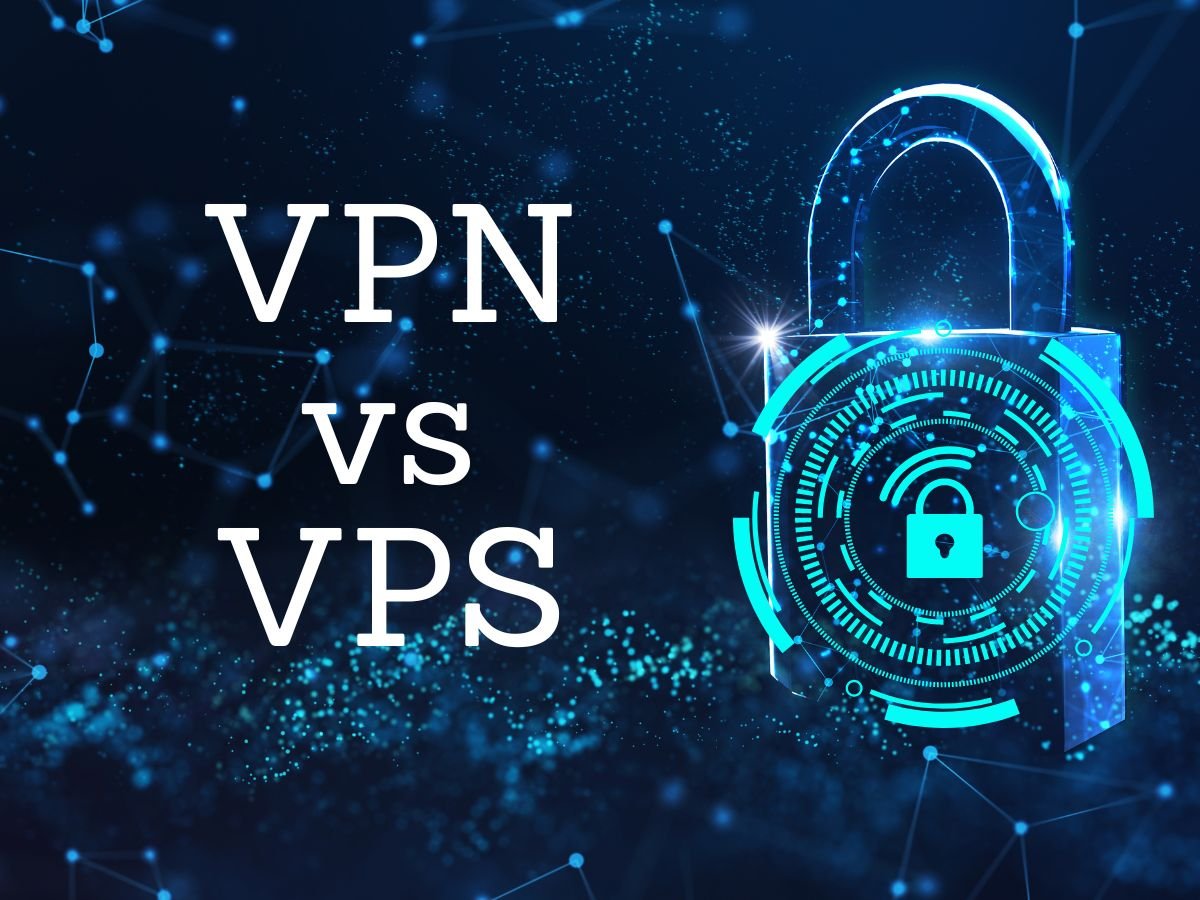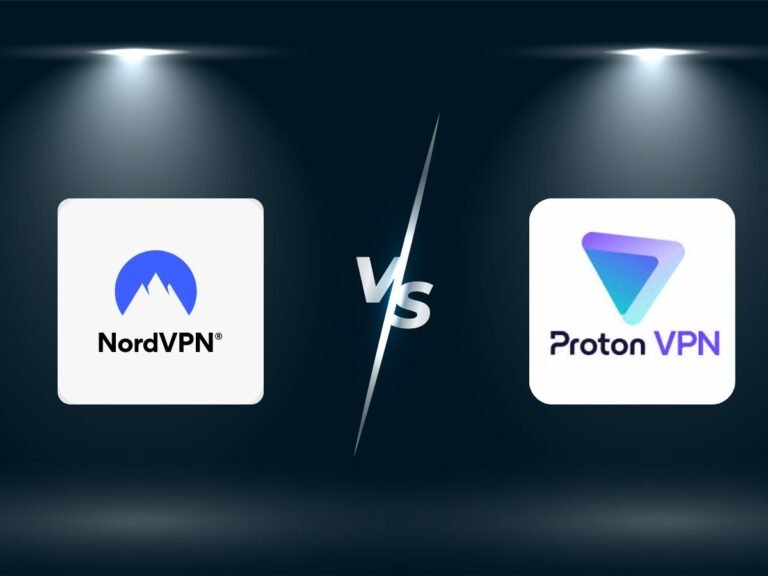In today’s digital age, terms like VPS (Virtual Private Server) and VPN (Virtual Private Network) are commonly heard. While they may seem similar, they serve very different purposes. This article will delve into what VPS and VPN are, how they work, who needs them, and the key differences between the two. By understanding their distinct functions and uses, you can determine which option best meets your requirements.
Table of Contents
Understanding VPS: What It Is and How It Works

What is VPS?
A VPS (Virtual Private Server) is a hosting service that utilizes virtualization technology to divide a physical server into multiple virtual servers. Although VPS shares resources from a single physical server, each VPS operates independently with its own resources, such as RAM, CPU, and storage.
How Does VPS Work?
A VPS (Virtual Private Server) operates using virtualization technology, where a hypervisor divides a single physical server into multiple virtual servers. Each virtual server has its own operating system and dedicated resources, allowing it to function like an independent physical server.
VPS users enjoy full root access, enabling them to install software, configure the server, and manage their hosting environment according to their specific needs. Understanding how VPS works can help you leverage its capabilities effectively for your projects.
Who Needs a VPS?
A VPS (Virtual Private Server) is typically utilized by web developers, business owners, and companies that require full control over their server without needing an entire physical server. Some common use cases for VPS include:
- Website Hosting: VPS provides a more stable and reliable environment for hosting websites compared to shared hosting.
- Application Development and Testing: Developers can use VPS to test applications in a customizable environment without disrupting production systems.
- Data and Application Management: Companies needing a server to manage internal applications, databases, or email can benefit from using a VPS.
Understanding who can benefit from a VPS can help you determine if it’s the right solution for your hosting needs.
Understanding VPN: What It Is and How It Works
What is VPN?
A VPN (Virtual Private Network) is a service that allows you to connect to the internet through a secure and encrypted server, protecting your online data and identity. VPN can also be used to access geographically restricted content by hiding your IP address and routing it through a server in another location.
How Does VPN Work?
VPN operates by creating an encrypted tunnel between your device and the VPN server. When you connect to the internet through a VPN, all the data you send and receive is encrypted and routed through the VPN server before reaching its final destination. This not only protects your data privacy and security but can also change your virtual location by altering the IP address visible to websites and online services.
By understanding what VPN is and how it functions, you can make an informed decision about whether it aligns with your online privacy and security needs.
Who Needs a VPN?
A VPN (Virtual Private Network) is particularly beneficial for those who prioritize online privacy and data security, as well as for individuals looking to access geographically restricted content. Some common use cases for VPN include:
- Secure Browsing on Public Wi-Fi: A VPN protects your data when using vulnerable public Wi-Fi networks.
- Accessing Geographically Restricted Content: A VPN allows you to stream services that may be blocked in your country.
- Protecting Online Privacy: A VPN conceals your online activities from your Internet Service Provider (ISP) and other third parties.
Understanding who can benefit from a VPN can help you determine if it is the right solution for your online security and content access needs.

Differences Between VPS and VPN
To better understand the differences between VPS and VPN, here is a summarized comparison in the table below:
| Aspect | VPS (Virtual Private Server) | VPN (Virtual Private Network) |
|---|---|---|
| Main Function | Hosting websites, applications, and data. | Protecting online privacy and bypassing content restrictions. |
| How It Works | Divides a physical server into multiple independent virtual servers. | Creates an encrypted tunnel to protect data and hide online identity. |
| User Control | Users have full control over the virtual server. | Users do not have full control over the VPN server; they only access the service. |
| Common Uses | Hosting, application development, data management. | Secure browsing, streaming restricted content, avoiding censorship. |
| Security | Depends on user configuration; security levels can be high. | Provides data encryption for privacy protection. |
| Flexibility | Highly flexible; can be customized to user needs. | Limited to what the VPN provider offers. |
| Technical Skills | Requires technical skills for server management and configuration. | Does not require technical skills for basic use. |
| Cost | Generally more expensive, depending on server specifications. | Typically cheaper, usually with monthly or annual fees. |
| User Needs | Suitable for businesses or users with specific hosting and server control needs. | Ideal for individuals needing online privacy and access to global content. |
This comparison highlights the key distinctions between VPS and VPN, helping you determine which option aligns better with your requirements.
When Do You Need a VPS?
If you are running a high-traffic website, developing applications, or have server needs that require full control, a VPS (Virtual Private Server) is an ideal choice. Here are some situations where you may need a VPS:
- Hosting Growing Websites or E-commerce: A VPS provides more stable and reliable resources compared to shared hosting, which is crucial for websites with high traffic.
- Business Applications or Databases: If you manage applications or databases that require high security and performance, a VPS offers a customizable and optimized environment tailored to your specific needs.
- Development and Testing: Developers often use VPS to create isolated testing environments, allowing them to test applications without disrupting other systems.
Understanding when to use a VPS can help you make informed decisions about your hosting and server management needs.
When Do You Need a VPN?
A VPN (Virtual Private Network) is ideal if you want to protect your online privacy or access content that is blocked in certain regions. Here are some situations where you may need a VPN:
- Browsing the Internet on Public Wi-Fi: When using unsecured public networks, a VPN encrypts your data, preventing hackers from accessing your personal information.
- Accessing Geographically Restricted Content: If you want to watch streaming services like Netflix that offer different content in various countries, a VPN can help you change your virtual location.
- Protecting Your Privacy and Online Identity: If you’re concerned about online surveillance or want to keep your online activities private, a VPN hides your IP address and encrypts your internet traffic.
Understanding when to use a VPN can enhance your online security and help you access the content you want.

Final Recommendation: Which One Should You Choose?
The decision between VPS and VPN depends on your specific needs. Here are some recommendations to help you decide which option is more suitable:
Choose VPS If:
- You need a server for hosting websites or applications: VPS provides full control and better performance compared to shared hosting.
- You are a developer or business owner who requires a customizable server environment: VPS allows you to configure the server according to the unique needs of your project or business.
- You require stable and reliable server resources: VPS offers a more isolated and secure environment compared to shared hosting.
Choose VPN If:
- You want to protect your online privacy: VPN encrypts your data and hides your online identity, shielding you from surveillance and data theft.
- You want to access geographically restricted content: VPN enables you to access services and content that may be blocked in your country.
- You frequently use public Wi-Fi: VPN protects your data when using potentially unsecured networks, preventing hackers from accessing your personal information.
Final Thoughts
VPS (Virtual Private Server) and VPN (Virtual Private Network) have vastly different purposes, and the choice between the two depends on your specific needs. VPS is suitable for those requiring a server with full control and high performance, while VPN is ideal for those concerned about online privacy and wanting to access global content without geographical restrictions.
If you are running a website, application, or online service that requires specialized hosting, VPS is the best choice. However, if your primary goal is to protect your personal data and access content freely, then VPN is the tool you need. Carefully consider your requirements and choose the solution that best aligns with your objectives.
In summary, VPS and VPN serve different purposes, and selecting the right option depends on your hosting needs, privacy concerns, and content access requirements. By understanding the key differences between these two technologies, you can make an informed decision that supports your online goals.
If you’re searching for a reliable VPN, look no further than NordVPN or Surfshark. Both of these services stand out in the crowded VPN market, offering exceptional features and robust security. With their strong track records in privacy protection and user-friendly interfaces, you can trust either option to safeguard your online activities.
Don’t compromise on your digital security—choose one of these top-rated VPNs to enhance your online experience today!






